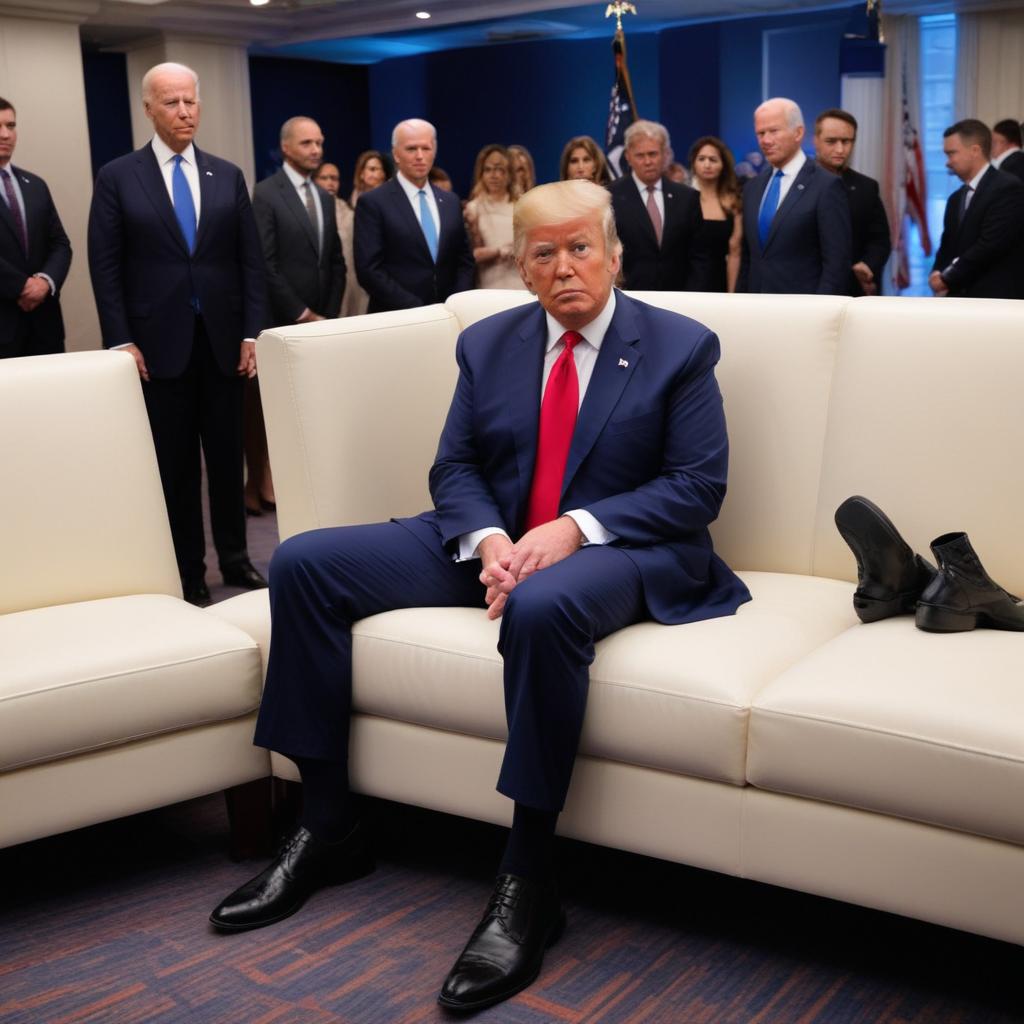Donald Trump's recent absence from the public eye sparked media speculation and accusations of hypocrisy, highlighting the double standard in presidential health coverage.
Donald Trump's unusual absence from public view recently sparked debate about media coverage of presidential health. While Trump's health issues, including swollen ankles, uneven gait, and verbal confusion, were largely ignored by major news outlets, the media's previous intense scrutiny of Joe Biden's age was highlighted as a stark contrast. This silence fueled accusations of hypocrisy and prompted questions about the media's role in reporting on presidential health. Social media buzzed with rumors of Trump's death or serious illness, yet mainstream media largely avoided the topic, leading to criticism from figures like JD Vance. Trump himself dismissed the speculation as 'fake news', echoing his frequent attacks on the mainstream press. While the New York Times eventually addressed the issue, focusing on the false death rumors before mentioning the lack of information about his health, the overall media response was deemed too cautious. The article argues that responsible media coverage should involve evidence-based assessments of a president's health and persistent investigation into any unexplained absences, rather than unquestioningly accepting White House statements. The author concludes that a balance is needed between speculation and acceptance of official statements, emphasizing the need for skepticism and thorough fact-finding.



